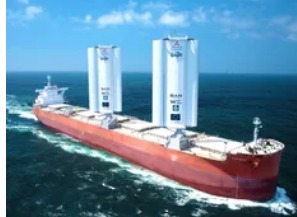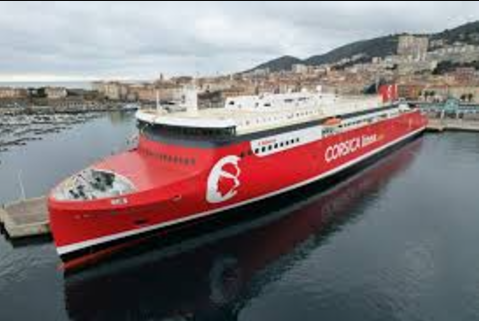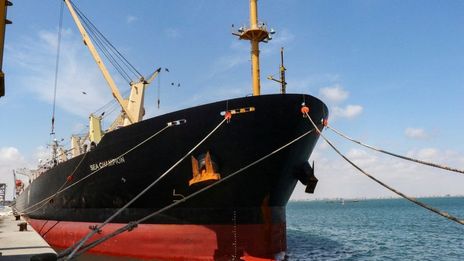After six months on the high seas, an initial assessment can be drawn up. The latest generation of automated sails can save a lot of marine diesel. The trials have been very promising and the potential is enormous.
In August last year, the Pyxis Ocean began its journey along the globe’s busy shipping routes. Two sails, called WindWings, were mounted on deck and rotate independently to the optimal position.
Their goal is to use wind energy to save some of the ship’s diesel. After all, all ships once depended on this propulsion system, which had replaced the muscle power and rudder used until then.
Today, the sail is back in a very modern version, suitable for navigation and, at just under 40 meters, not that huge. The figures obtained after the big practical test are convincing. On average, 3 tonnes of marine diesel could be saved per day, or 14% of total consumption.
This matches almost exactly the initial announcement that 1.5 tonnes could be saved with each WindWing, which corresponds to 5.6 tonnes of CO2. This is significantly more than the annual CO2 emissions per capita per year.
The test has therefore already met expectations. However, the savings potential in freight transport is enormous. Nearly a billion tonnes of CO2 or 300 million tonnes of marine diesel are emitted or burned each year.
A few extra WindWings would be just what is needed. Based on the current diesel price of around 500 euros ($550) per ton (40 cents per liter), each additional sail would save 270,000 euros ($300,000) per year.
Add to that a CO2 tax of around $45 per ton (13 cents per liter), which obviously does not exist for marine diesel on the world’s oceans, and the total already rises to 360,000 euros ( $400,000). It should be worth it.
Only for very large container ships will the technology require some additional adjustments. Here, average consumption quickly reaches 100 tonnes per day (depending on speed, sea state and load).
Much larger and probably more numerous sails would therefore be required to achieve significant savings. But a promising step has been taken.




